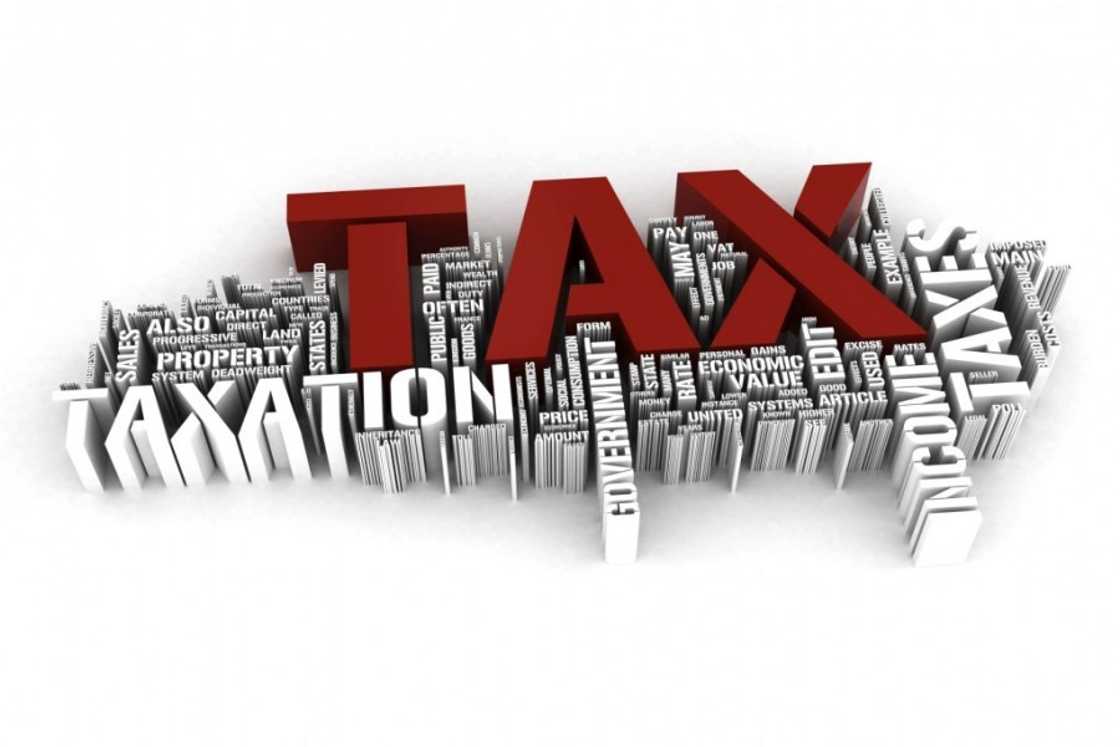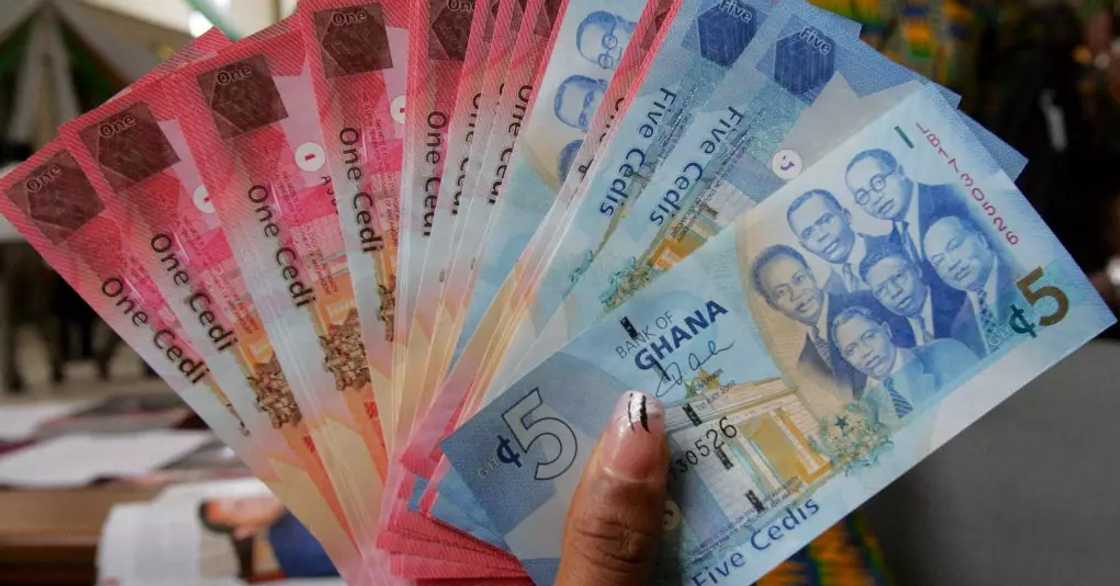What are the disadvantages of e-levy in Ghana that make it contentious?
The Ghana Revenue Authority (GRA) introduced an Electronic Transfer Levy (e-levy) in the country’s 2022 Budget Statement. GRA claimed that the levy presented an innovative way of capturing revenues within the digital space. It made that move after the country witnessed a shift from traditional payments to digital payment systems supported by massive growth in mobile transactions, e-commerce, and social media shopping. But not everyone in Ghana welcomed the new tax measure because it has drawbacks. So, what are the disadvantages of e-levy in Ghana?

Source: UGC
While e-levy aims to increase Ghana’s tax base and support entrepreneurship and youth employment, it has been controversial since the government of Ghana introduced it. For example, some economists argue that it threatens the efforts of the government to make its services digital. Furthermore, it prolongs the country’s plans to introduce its digital currency.
Although the Ghanaian Parliament passed the bill on 1 May 2022, a minority group of parliamentarians promised to challenge it in court. But the pros and cons of e-levy in ghana are evident to everyone.
What are the disadvantages of e-levy in ghana?
Before it went to parliament for debate, many people pointed out the challenges of e-levy from the onset. The levy is a tax on electronic transfers charged at the transfer time. That allows the GRA to charge 1.5% of the value of the electronic transfer. But the tax has its disadvantages, including:
1. It increases mobile money charges
Mobile money has grown significantly in Ghana from GHS 155 billion to GHS 986 billion between 2017 and 2021. The increase was because of low transaction charges and wide adoption. However, the tax will increase mobile charges by 1.5%, except for people who pay less than GHS 100 daily.
2. The tax system threatens the financial security of the informal sector
One of the disadvantages of e-levy in Ghana is that it prevents the progress of the informal sector from contributing to the pension scheme. Currently, the coverage of pension systems in Ghana is limited to the small segments of those in the formal sector.

Source: UGC
By increasing the tax, the government reduces the amount of money those in the informal sector would have contributed to the private pension scheme.
3. E-levy may force a return of cash transfers
The policy taxes digital transactions and targets mobile money transfers. One of its challenges is that it increases the likelihood of people without bank accounts returning to cash transactions.
As a result, it threatens the financial exclusion of a few, especially the rural poor population with limited financial payment options. Furthermore, it hampers the country’s efforts to migrate people to digital payments and offer digital services.
4. The tax policy threatens online sales
Ghanaians buy more online items, especially in e-commerce stores and social media shops. In addition, many use mobile money to make their payments. Therefore, the tax on digital payments threatens online sales. Furthermore, since social media shopping involves peer-to-peer transactions, the policy threatens to increase the loss of jobs as online sales decline.

Source: UGC
FAQs
- Has the e-levy been approved in Ghana? Ghanaian parliament approved the bill on 1 May 2022.
- Does e-levy affect cashout? It does not affect cash-outs. Additionally, transactions like bank deposits, withdrawals, and mobile money cash-ins or deposits at mobile money agents or vendor points are not part of the e-levy tax policy.
- Does e-levy affect bank transfers? The levy affects cumulative bank transfers of more than GHS 20,000. For example, a customer transfers money from their ABC bank account to an account at XYZ bank on an instant play platform. If the amount exceeds GHS 20,000, e-levy will apply to the excess amount.
- Does e-levy affect merchant SIM? It does not apply to registered mobile money merchant SIMs for VAT or Income Tax.
- Does e-levy affect mobile money loans? E-levy does not apply on loan repayments if the person receiving the money has registered with GRA for income tax or VAT. Otherwise, the person sending the money will have to pay the tax.
- Does e-levy apply to utility and airtime payments? GRA does not charge e-levy on airtime and utility if the entity providing the service is registered with the tax collector for VAT or Income Tax, and the person used a payment service to make the payment.
- Do ATM withdrawals and SWIFT transfers attract e-levy? ATM withdrawals and SWIFT transfers do not attract the e-levy.
E-levy is a new tax base approved by the Government of Ghana on 1 May 2022. It is a tax imposed on electronic transfers charged at the transfer time. Although it has opened Ghana’s tax base, it is also controversial and has several drawbacks. One of the disadvantages of e-levy in Ghana is that it prolongs Ghana’s plans to have its digital currency and threatens government efforts to make its services digital.
Yen.com.gh shared an article about Ghana's top 5 serious social problems and their solutions. These social issues affect the country's overall well-being regardless of whether it affects you directly. Therefore, gradually solving these problems is the best way to achieve economic development.
Ghana has its fair share of social problems, and if you are updated with the prevalent happenings in the country, you might have an idea of what these problems are and what they mean to everyone.
Source: YEN.com.gh





